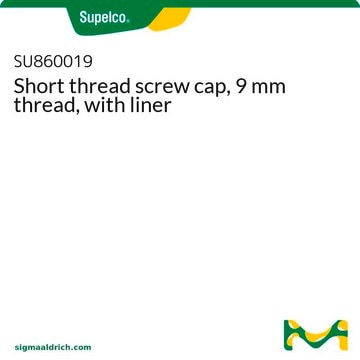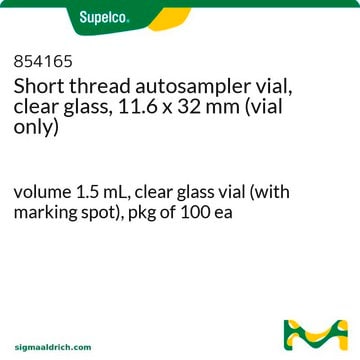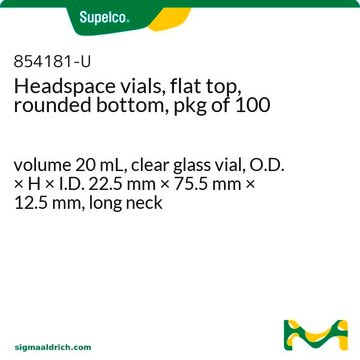Recommended Products
form
solid
availability
available only in Japan
SMILES string
[OH-].[Na+].O=[Ca]
InChI
1S/Ca.Na.H2O.O/h;;1H2;/q;+1;;/p-1
InChI key
HUAUNKAZQWMVFY-UHFFFAOYSA-M
Looking for similar products? Visit Product Comparison Guide
Signal Word
Danger
Hazard Statements
Precautionary Statements
Hazard Classifications
Eye Dam. 1 - Met. Corr. 1 - Skin Corr. 1B - STOT SE 3
Target Organs
Respiratory system
Storage Class Code
8B - Non-combustible corrosive hazardous materials
WGK
WGK 1
Certificates of Analysis (COA)
Search for Certificates of Analysis (COA) by entering the products Lot/Batch Number. Lot and Batch Numbers can be found on a product’s label following the words ‘Lot’ or ‘Batch’.
Already Own This Product?
Find documentation for the products that you have recently purchased in the Document Library.
T Lombardo et al.
The Science of the total environment, 408(4), 976-984 (2009-11-11)
Several exposure campaigns of silica-soda-lime window glass have been performed in 30 European sites and 1 in Canada in order to understand, quantify and model the phenomenon of soiling. In this purpose samples were exposed sheltered from the rain. Parallel
An unusual cause of carbon dioxide rebreathing in a circle absorber system.
Pramendra Agrawal et al.
Journal of anesthesia, 24(6), 976-977 (2010-08-17)
Chuchai Anunmana et al.
Dental materials : official publication of the Academy of Dental Materials, 25(11), 1453-1458 (2009-08-13)
To test the hypothesis that the indentation crack technique can determine surface residual stresses that are not statistically significantly different from those determined from the analytical procedure using surface cracks, the four-point flexure test, and fracture surface analysis. Soda-lime-silica glass
Stella H North et al.
Analytical chemistry, 82(1), 406-412 (2009-12-17)
Glass microscope slides are considered by many as the substrate of choice for microarray manufacturing due to their amenability to various surface chemistry modifications. The use of silanes to attach various functional groups onto glass slides has provided a versatile
Nadine Schibille
PloS one, 6(4), e18970-e18970 (2011-04-29)
The chemical characterisation of archaeological glass allows the discrimination between different glass groups and the identification of raw materials and technological traditions of their production. Several lines of evidence point towards the large-scale production of first millennium CE glass in
Our team of scientists has experience in all areas of research including Life Science, Material Science, Chemical Synthesis, Chromatography, Analytical and many others.
Contact Technical Service









